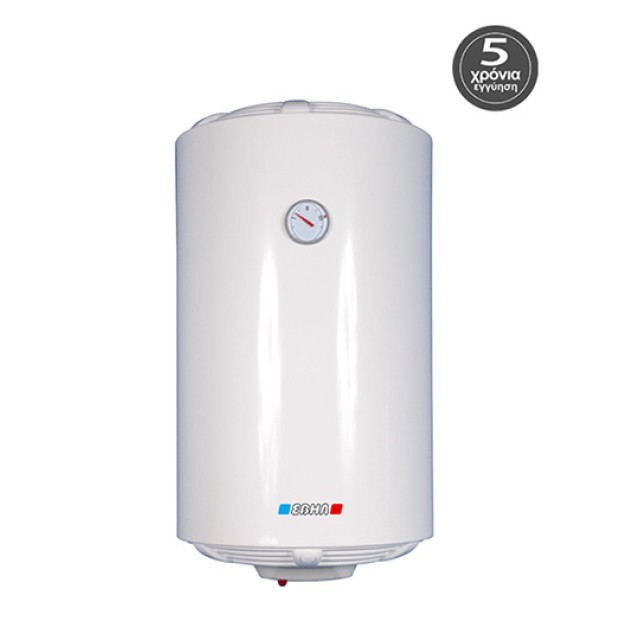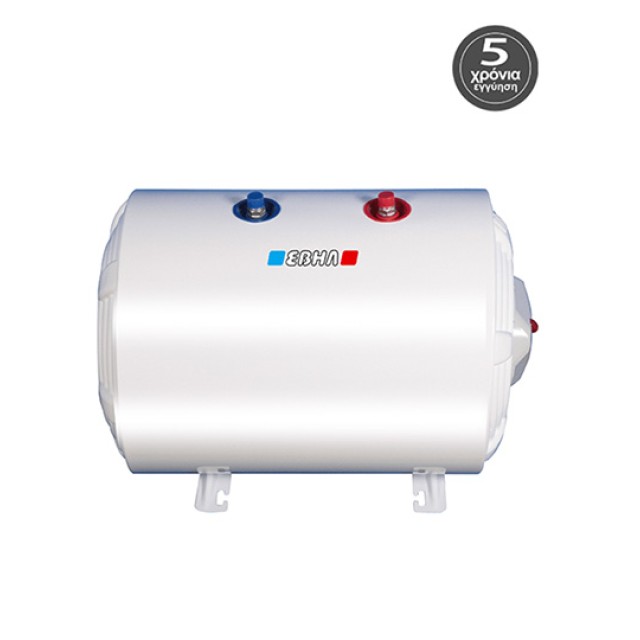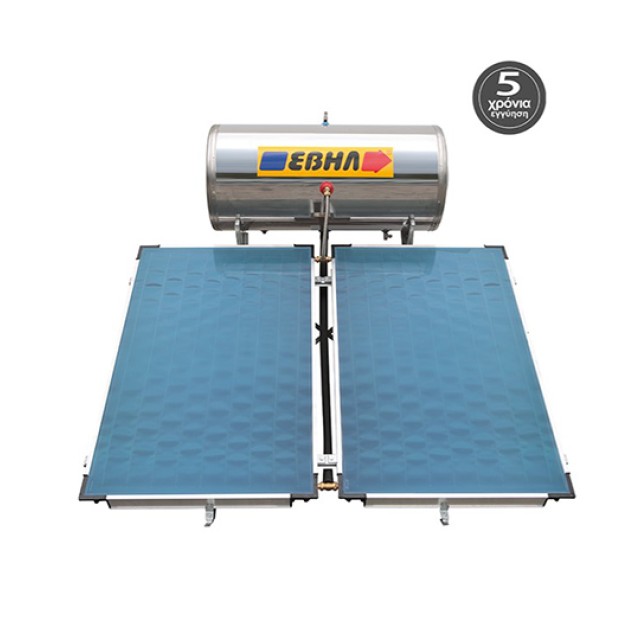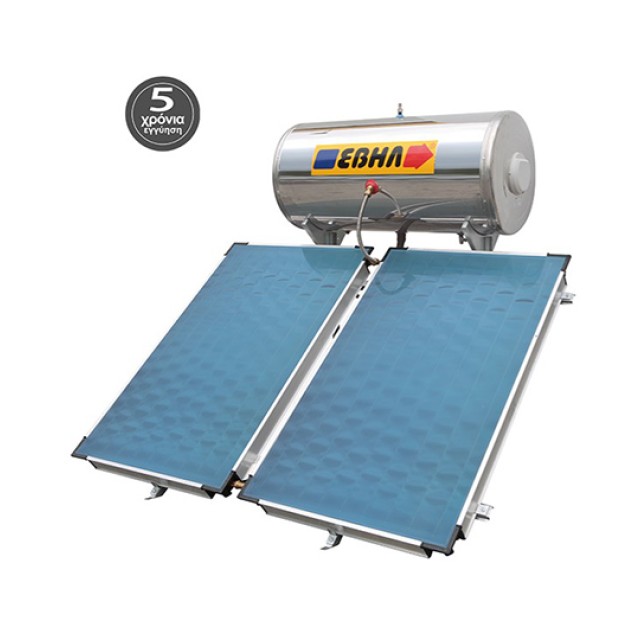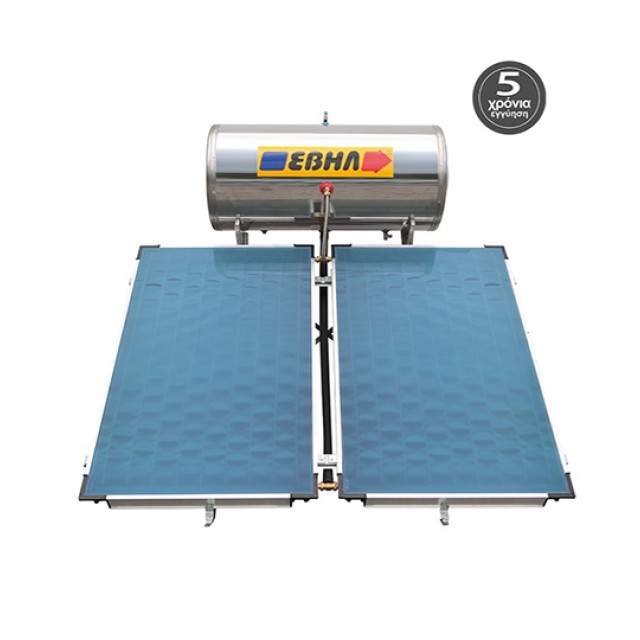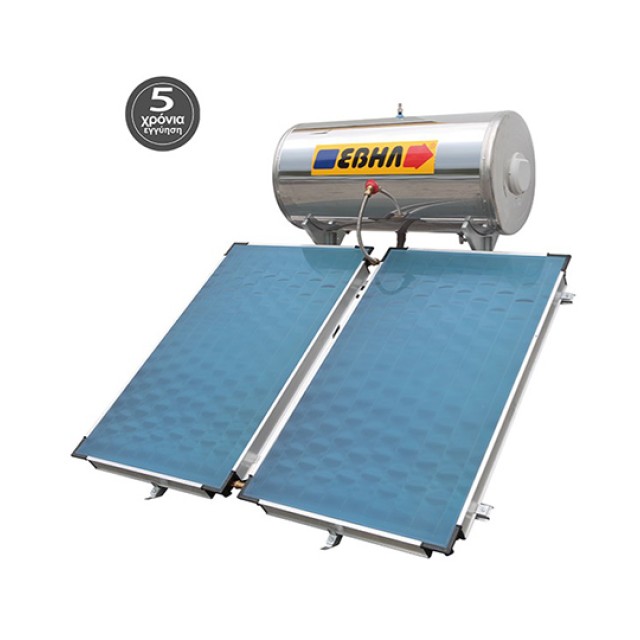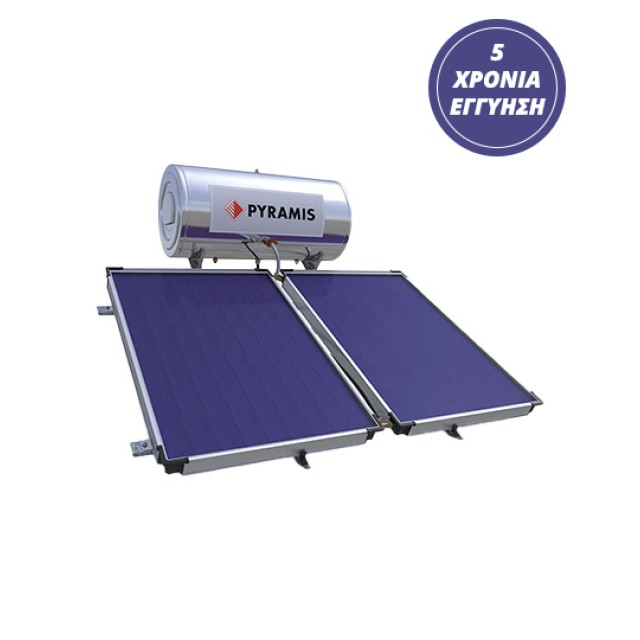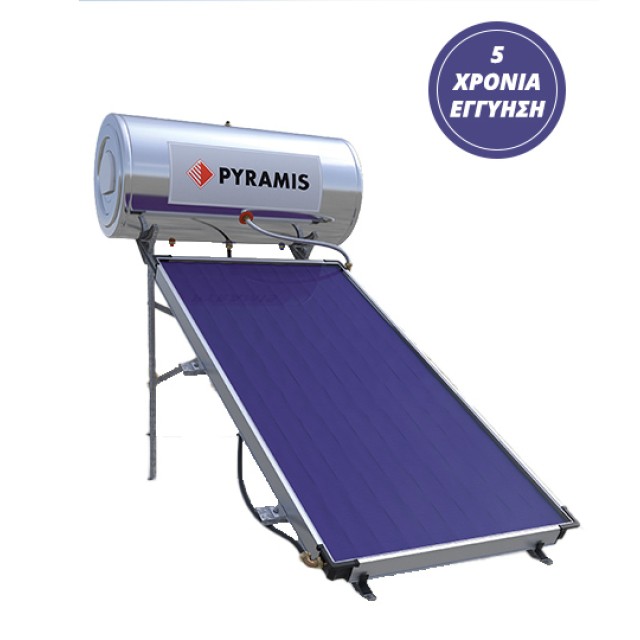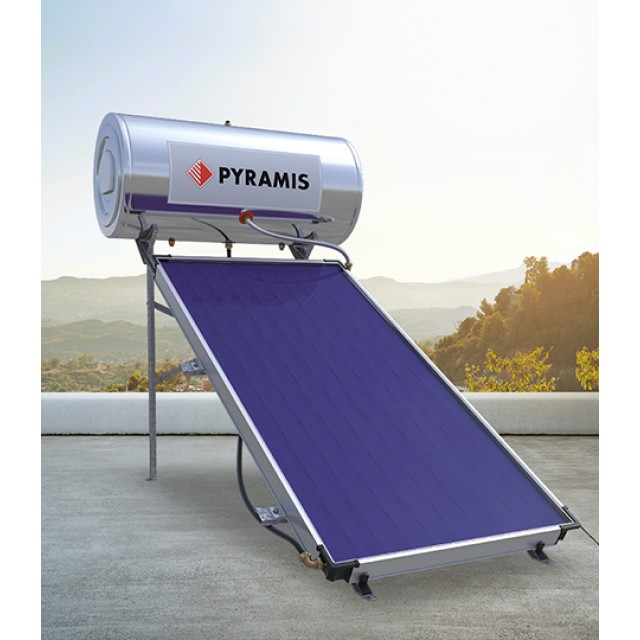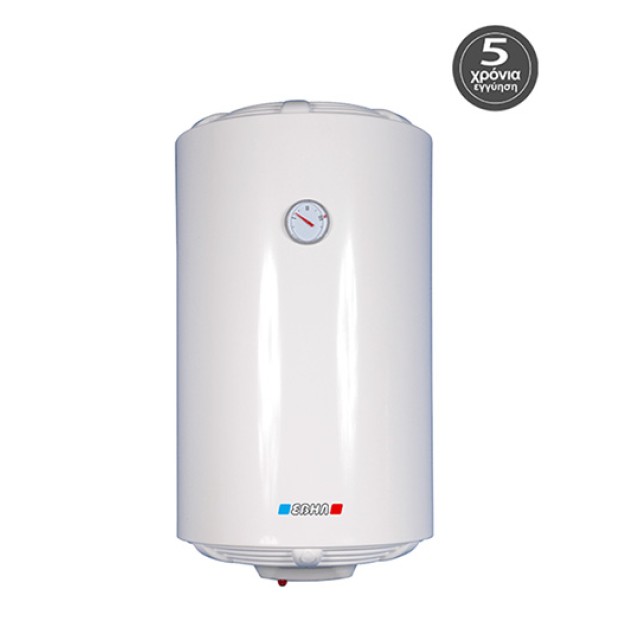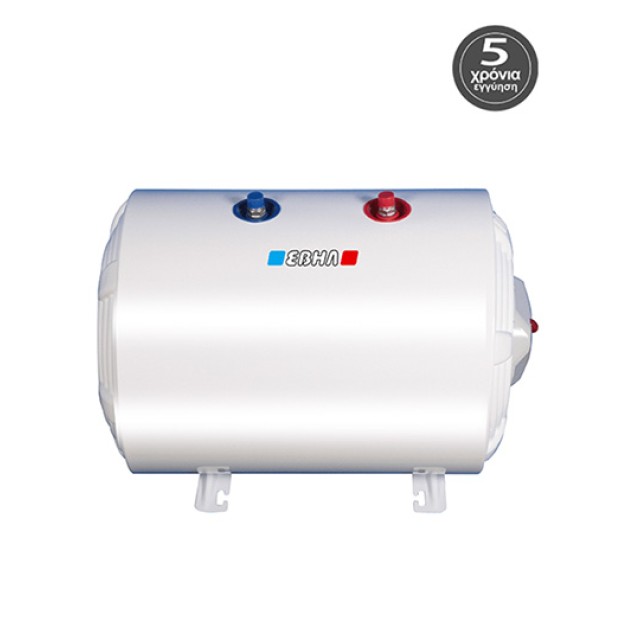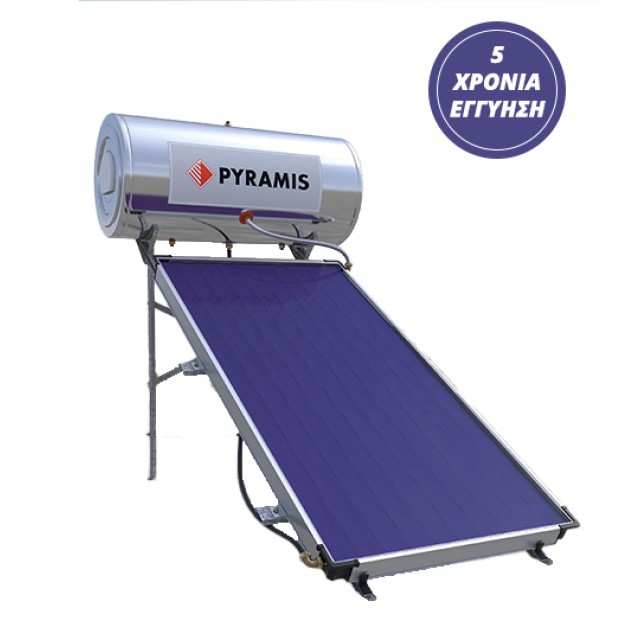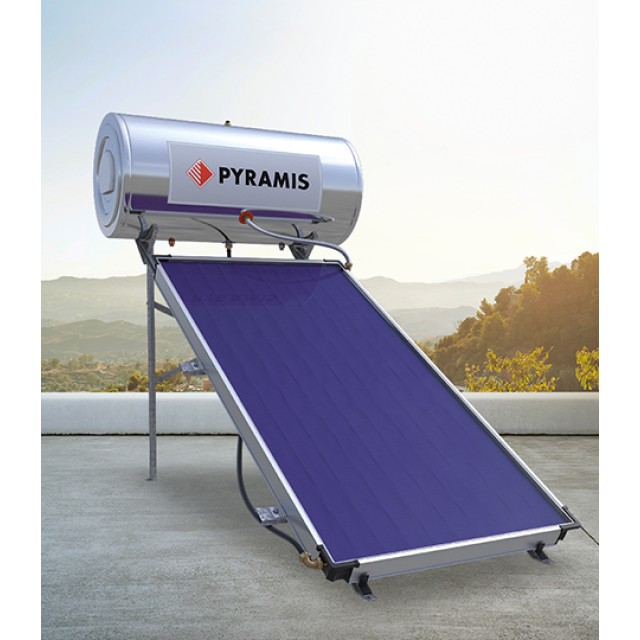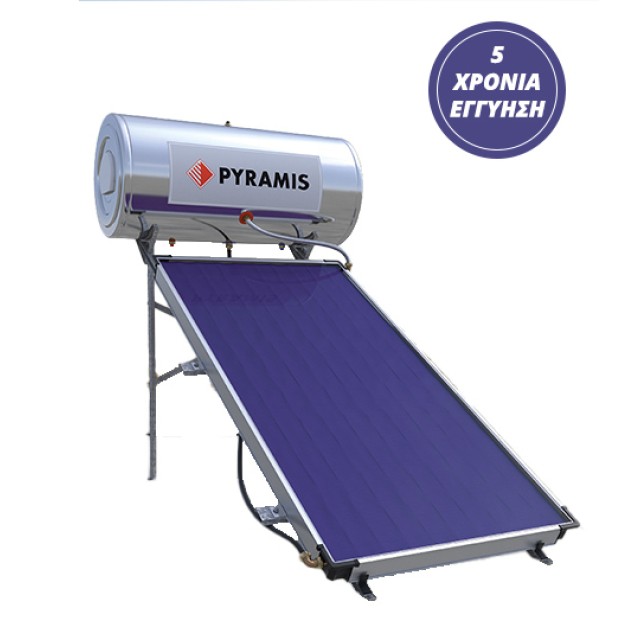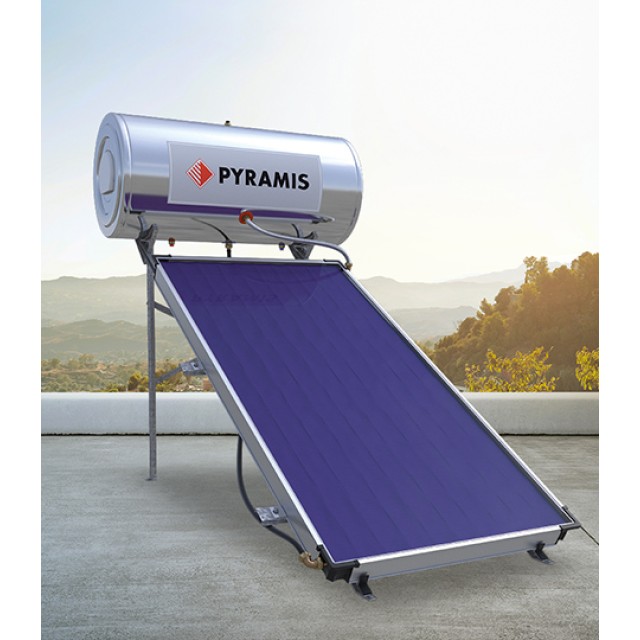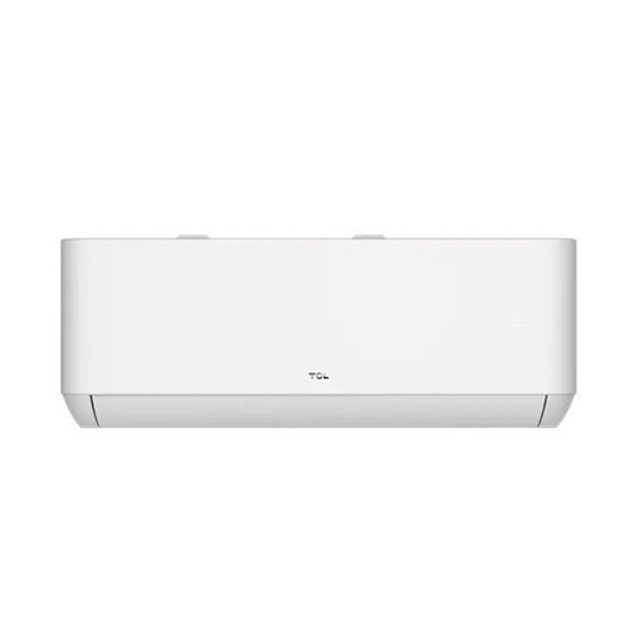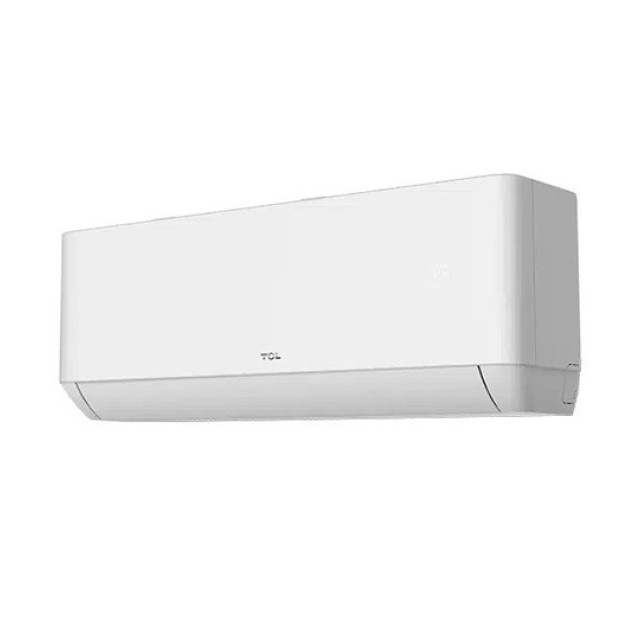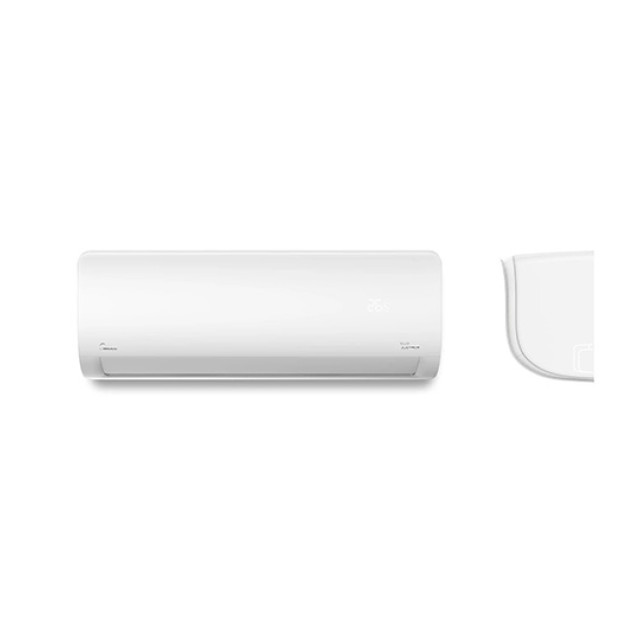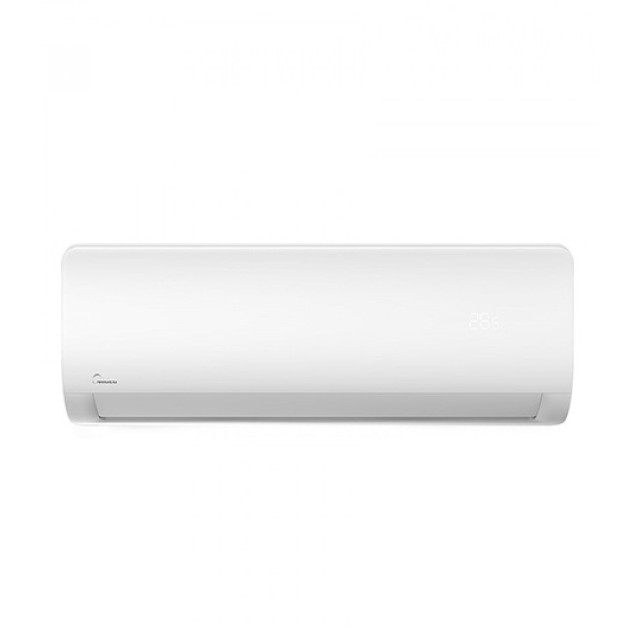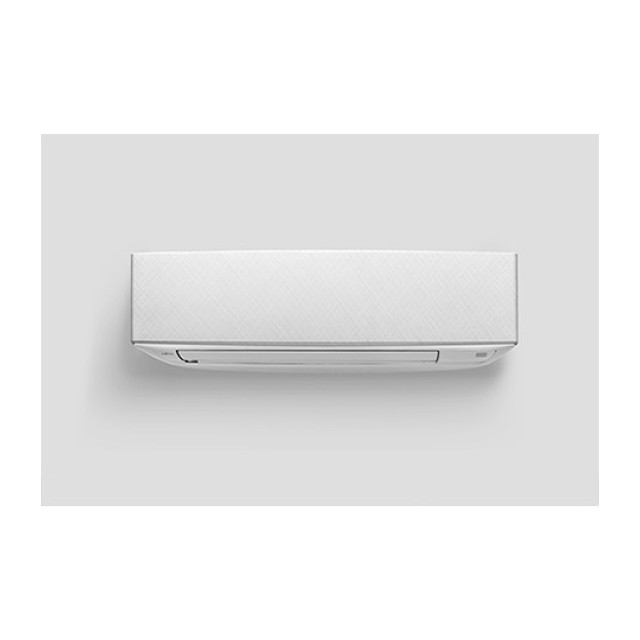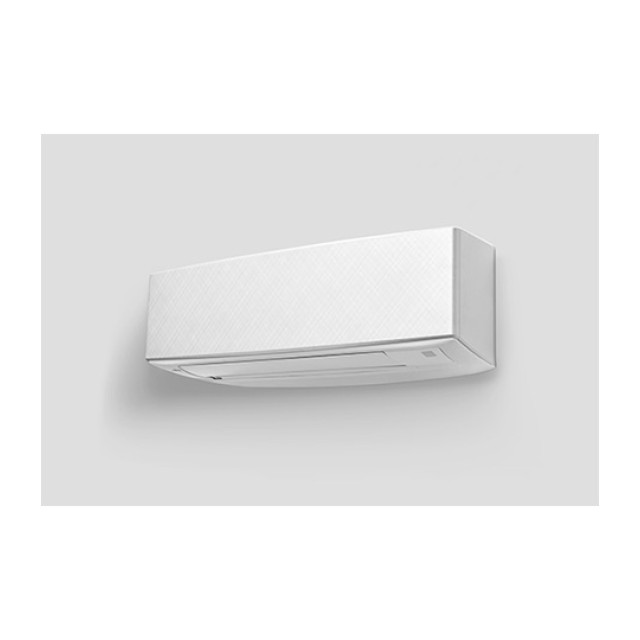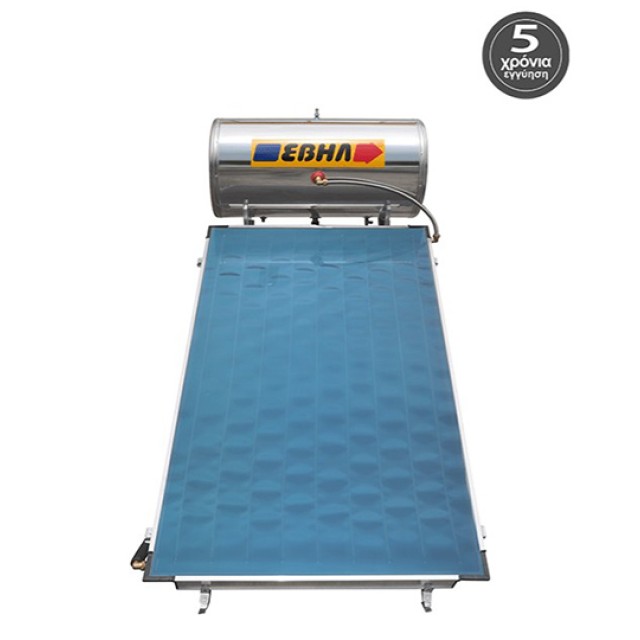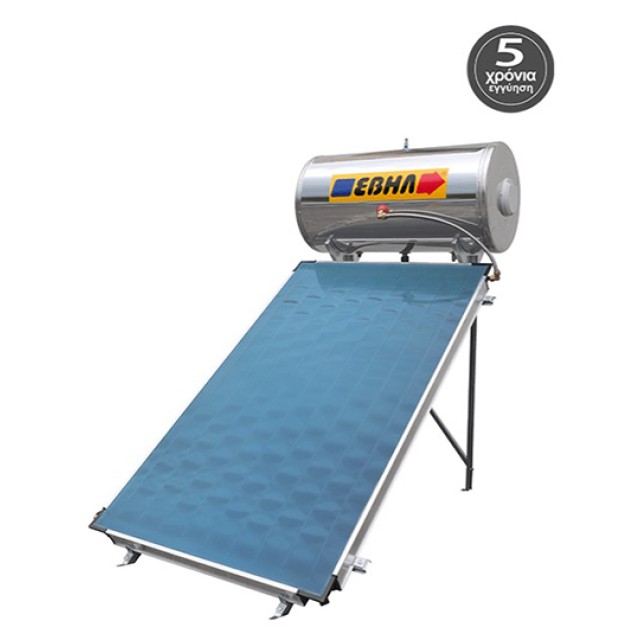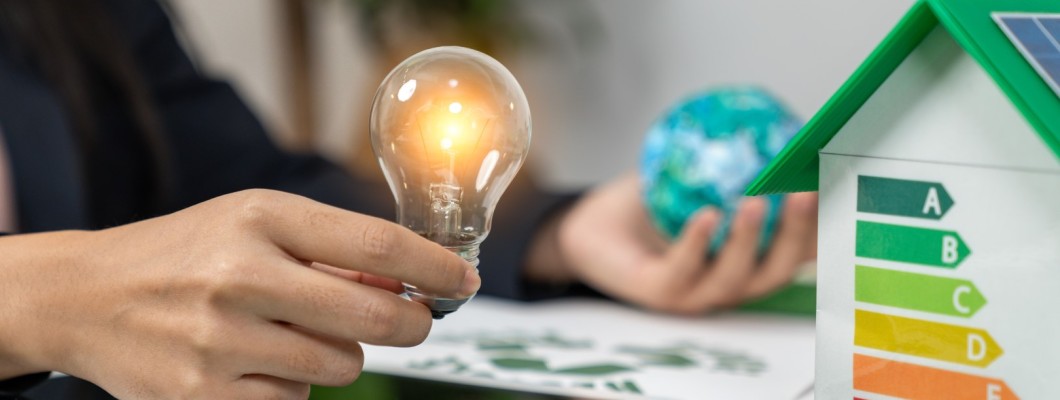
Energy saving is now an urgent necessity, both for protecting the environment and for our pocket. With energy prices constantly rising, the need for energy efficiency in our homes is becoming increasingly imperative. We will now see how we can save energy by implementing simple but effective solutions.
Insulation: The Shield of Your Home
One of the most important measures for energy saving is the proper insulation of the house. Insulation reduces heat loss in winter and temperatures in summer, resulting in reduced energy consumption for heating and cooling.
- Walls: Installing external insulation is the most effective solution, as it completely isolates the walls from external conditions.
- Roof: Insulating the roof is equally important, as large amounts of heat are lost from there.
- Floors: Insulating the floors, especially if your house has a basement, contributes to energy saving.
- Frames: Replacing old frames with new, energy-efficient ones reduces heat loss from windows and balcony doors.
Air Conditioning: Choosing Wisely
Air conditioning is essential for the comfort of our home, but it can consume a large amount of energy. To save energy:
- Choose an air conditioner with high energy efficiency: The energy class of the air conditioner is an important factor that affects energy consumption.
- Place the air conditioner in the right spot: Avoid placing it in areas that receive direct sunlight or near heat sources.
- Set the temperature correctly: Do not set the temperature to very low or very high values.
- Clean the air conditioner’s filters regularly: Dirty filters reduce the air conditioner’s efficiency and increase energy consumption.
Solar Water Heater: Investment in the Future
The solar water heater is an excellent choice for producing hot water using solar energy. Its benefits are many:
- Reduction of water heating costs: The solar water heater significantly reduces the cost of the electricity bill.
- Environmental protection: The use of solar energy helps reduce greenhouse gas emissions.
- Independence from energy price increases: The solar water heater offers you energy autonomy.
Other Practical Tips
- Replace old bulbs with LED bulbs: LED bulbs consume much less energy and last longer.
- Use smart plugs: Smart plugs allow you to remotely control your electrical appliances and reduce energy consumption.
- Unplug electrical appliances when not in use: Even when in standby mode, electrical appliances consume energy.
- Do not leave the refrigerator and freezer doors open for a long time.
- Cook with lids: This way you reduce cooking time and save energy.
- Washing machine and dishwasher: Take advantage of economy programs and use them only when full.
- Radiators: Bleed the radiators, properly adjust the thermostatic heads, and install reflectors.
- Pipe insulation: Insulate hot water pipes to reduce thermal losses.
- Natural ventilation: Take advantage of natural ventilation to refresh the air in your home.
Energy saving is an investment for the future. By applying the above tips, you can significantly reduce energy consumption in your home, protect the environment, and save money.

